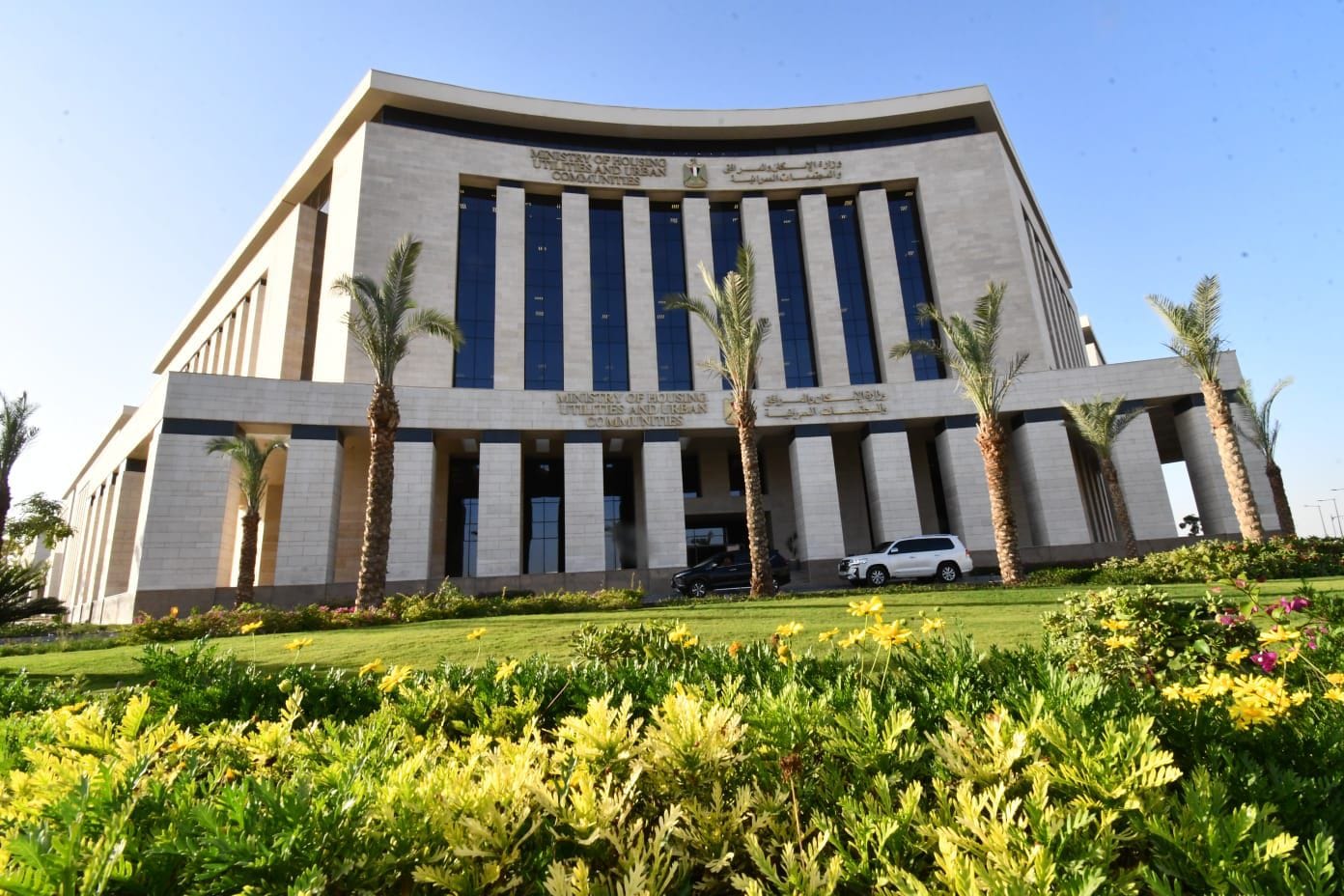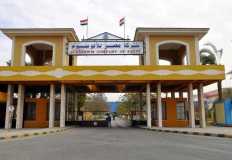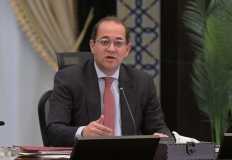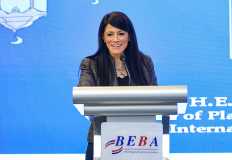
Dcode Economic and Financial Consulting highlighted Egypt's notable progress in international transparency, budget oversight, and public participation indicators over the past two years.
The recent report on the 2023
Global Transparency Survey cycle, for which Dcode served as the local partner
for the Open Budget Survey in Egypt, revealed these positive developments. The
Ministry of Finance conducted the national survey to ensure objective and
credible results and foster constructive dialogue for a more comprehensive,
balanced, and realistic vision.
The report attributed the
significant improvement in these indicators, as measured by the International
Budget Partnership (IBP), to the Ministry of Finance's nine-year commitment to
developing transparency frameworks and financial disclosure. Notably, the
transparency and community engagement unit has enhanced its reports by
providing more accessible information on the medium-term budget framework, debt
reduction, funding sources, interest payments, and other relevant topics.
To sustain progress in
transparency indicators, the report recommended publishing remaining reports
according to global timelines, presenting public expenditures by functional
classification, updating debt component information in the monthly financial
report, making program budgets and performance accessible to the public and
Parliament, and improving data comprehensiveness in the semi-annual economic
and financial performance report.
The report revealed that Egypt
has made significant strides in transparency, budget oversight, and public
participation. In the 2023 Open Budget Survey cycle, published in May 2024,
Egypt's ranking improved by 6 points to 63rd out of 125 countries.
The country's score in financial
transparency and data availability increased from 43 points in 2021 to 49
points, surpassing the global average of 47 points. Furthermore, Egypt's public
participation index jumped by 16 percentage points to 35/100, exceeding the
global average and securing the eighth-highest ranking globally. For the second
consecutive year, Egypt maintained its top position in the Middle East,
followed by Jordan and Morocco.
In terms of financial oversight,
Egypt's score of 54 percentage points surpassed the global average for the
first time. The report emphasized that participatory budgeting is a crucial
tool for fostering effective public engagement, raising awareness, and
empowering women, youth and people of determination. Additionally,
transparency plays a vital role in driving community involvement in economic
and social development efforts.
The Ministry of Finance's efforts
to empower the public, particularly women and disadvantaged groups, through
participatory budgeting mechanisms have contributed significantly to Egypt's
progress in public participation. The ministry has expanded its outreach by
conducting public hearings in Alexandria and Fayoum in collaboration with local
authorities.
Egypt's achievements in financial
oversight are attributed to the establishment of specialized committees, public
hearings, field visits, and citizen feedback. The publication of the Central
Auditing Organization's report for the first time marks a significant step
towards improving the country's budget oversight index ranking.
The report highlighted Egypt's
participatory budgeting model as a notable case study in the 2023 Global Open Budget
Survey. Following its success in Alexandria and Fayoum, the model has rapidly
expanded to the governorates of Asyut and Beni Suef.
The report urged the Ministry of
Finance to further disseminate the model during budget preparation and
implementation, involve additional governorates, and provide opportunities for
citizens to participate in sectoral budget development. It also recommended
establishing formal mechanisms for public participation in oversight
investigations and allowing public testimony during hearings on the proposed
budget and the Central Auditing Organization's report.
The report clarified that budget
transparency involves government resource allocation and spending, while public
participation enables citizens to influence spending priorities. The Open
Budget Survey evaluates formal opportunities for citizen participation in the
budget process using 18 balanced indicators aligned with the principles of
public participation in financial policies.
Budget oversight encompasses
legislative review and auditing, as well as oversight bodies' assessments of
public spending legality, efficiency, and effectiveness. The Open Budget Survey
also assesses related laws and practices.
Anna Patricia, Executive Director
of the International Budget Partnership (IBP), emphasized that budgets are a
reflection of a country's priorities, as evidenced by the ranking of spending
items and categories.
The 'Budget Transparency Report' is a unique global index that independently and regularly assesses budget transparency, accountability, and oversight. This positively impacts international institutions' evaluations of a country's investment climate. The International Budget Partnership (IBP), in partnership with civil society, conducts the Open Budget Survey (OBS) every two years to measure budget transparency levels worldwide. The organization also evaluates opportunities for public participation in the budget-making process and the effectiveness of formal oversight bodies, such as the legislature and audit institutions, including the Central Auditing Organization.





